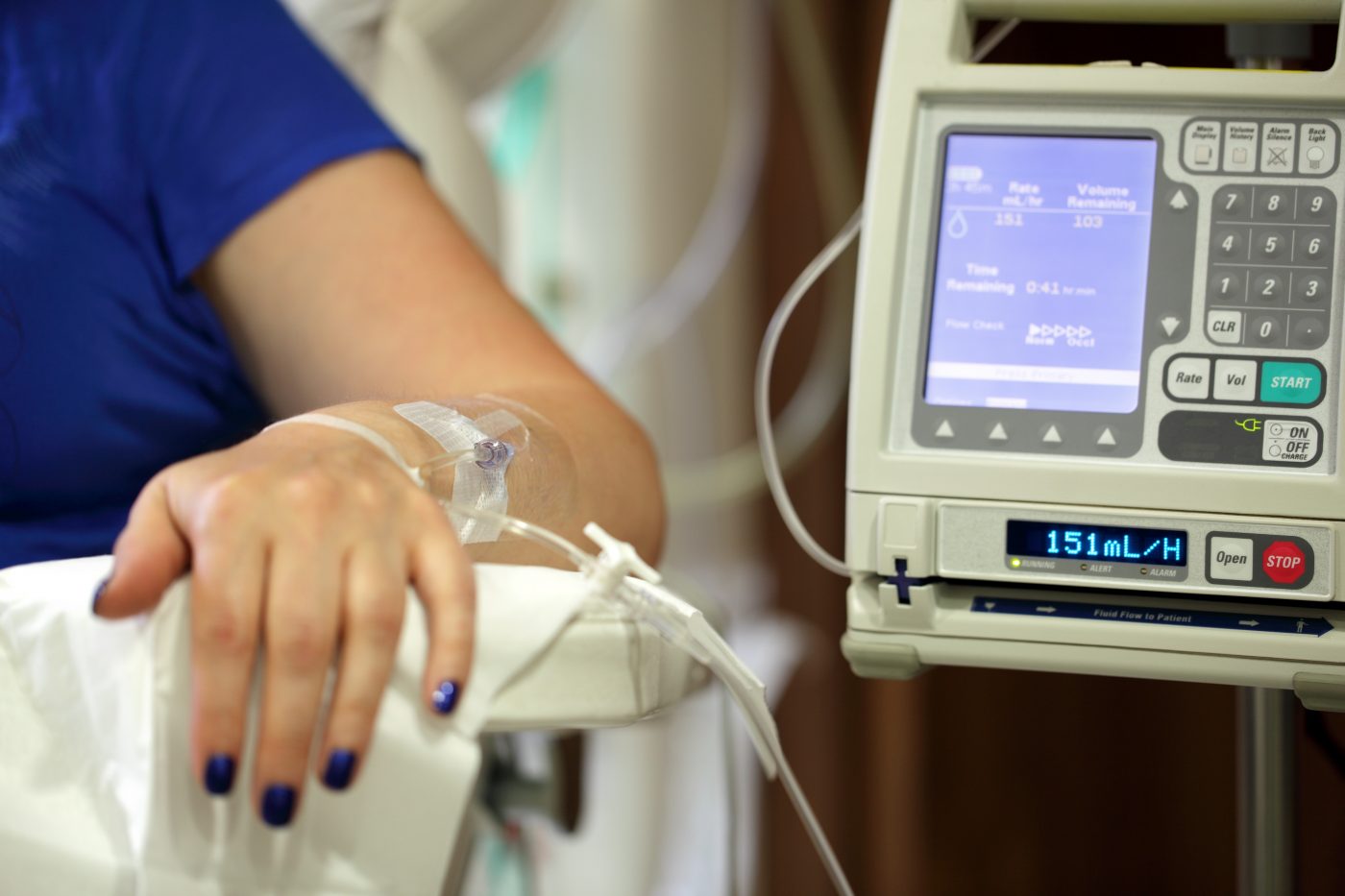Benlysta May Reduce Organ Damage Risk in Lupus Patients
Written by |

In a recent study presented during the European League Against Rheumatism (EULAR) Annual European Congress of Rheumatology, patients suffering from moderate-to-severe systemic lupus erythematosus (SLE) who have been treated with Benlysta have a low incidence of organ damage.
SLE, commonly referred to as lupus, is a severe autoimmune disease in which the body’s own immune system overreacts and attacks healthy joints and organs through autoantibodies, resulting in inflammation, swelling, pain, disability and often in tissue destruction in multiple organs including the skin, musculoskeletal system, kidneys and central nervous system.
Benlysta (belimumab) from GlaxoSmithKline is currently the top-selling drug in the lupus therapeutic market. It is a human monoclonal antibody that inhibits the activation of immune B cells, which are involved in the overreaction of the body’s immune system in SLE. It is an expensive therapeutic drug, and the first and only drug approved by the U.S. Food and Drug Administration (FDA) for lupus treatment in over 50 years.
In the study presented at EULAR 2015, the research team analyzed data from a cohort of 998 SLE patients, with a mean age of 38.7 years and mean disease duration of 6.69 years. The mean Systemic Lupus Erythematosus Disease Activity Index (SELENA)-Systemic Lupus Erythematosus Disease Activity Index (SLEDAI) of the patient cohort was 8.2, which indicates an active disease that requires therapy. The mean Systemic Lupus International Collaborating Clinics (SLICC) Damage Index (SDI) that evaluates organ damage was of 0.7 (damage is considered when the score is equal or higher than 1). Patients were given Benlysta combined with standard care every four weeks for a period of 5 to 6 years. After this period, 403 patients remained in the trial.
Researchers found that among the final 403 SLE patients, 343 (85.1% of the patients) had no change in SDI score between baseline and after the treatment, with only a mean SDI increase of 0.19. Of the 162 SLE patients who exhibited organ damage at baseline, 132 had no change in SDI score, with a mean change of 0.23. Of the remaining 241 SLE patients who did not have organ damage at baseline, 211 (87.6%) had no change in SDI score, with a mean change of 0.15.
Concerning adverse events, of the 998 initial SLE patients, 43.4% (433 patients) experienced infections, gastrointestinal disorders and opportunistic infections. In the end, 88 patients discontinued treatment with Benlysta, and 13 patients died during or after exiting the study.
The research team concluded that their findings suggest treatment of lupus patients with Benlysta may reduce the risk of organ damage associated with disease activity or with long-term use of lupus therapies.





